Letter from the Editor
|
Welcome to the last edition of the THANZ newsletter of the year. The biggest event on the calendar, BLOOD 2022 in Sydney, is now done and dusted. For those whom were unable to make it, please enjoy the great recaps in the newsletter. It was an absolute pleasure to catch up with you all face to face, those who were able to make it in person!!! They say a picture tells a thousand words, so I will leave you with some photos below!!!
I want to wish everyone well for the upcoming festive season and enjoy the break as we look forward to 2023.
Cheers,
Danny
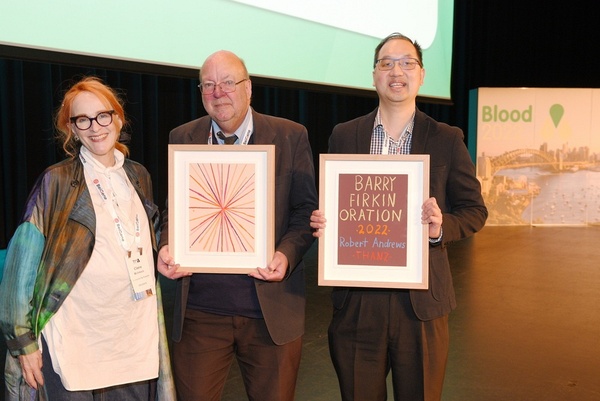
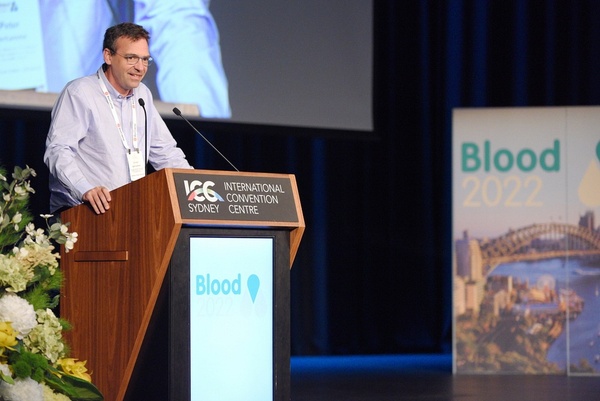
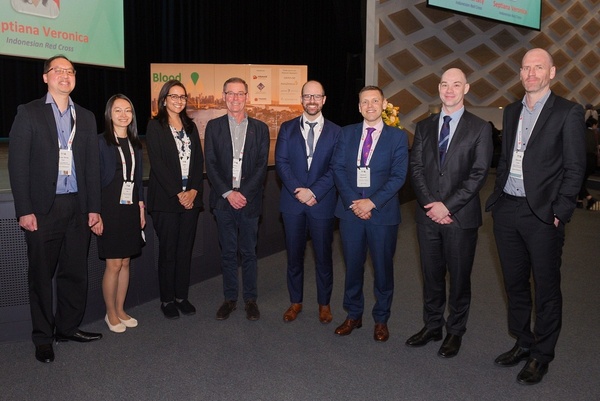
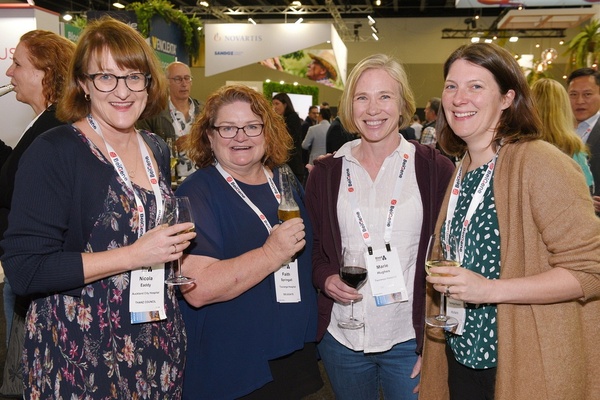

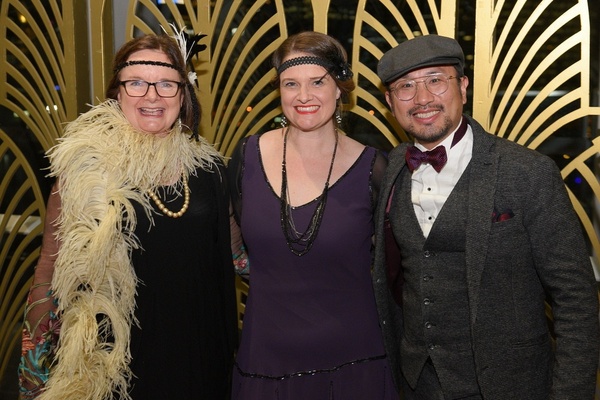
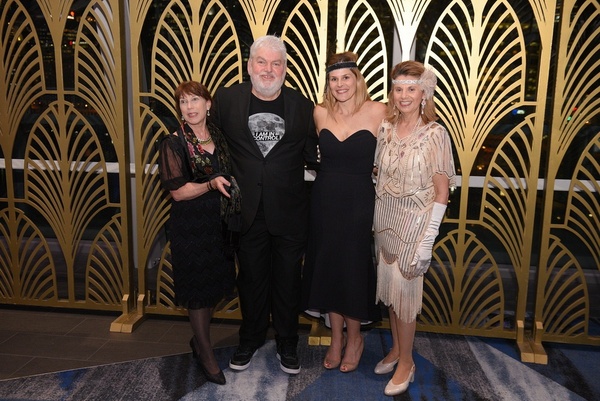
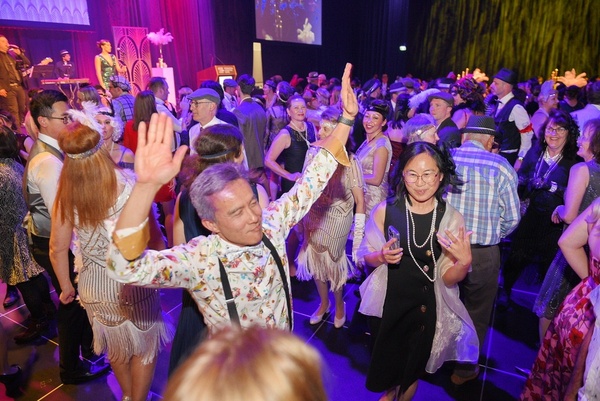
|
Presidents Report
|
The dance floor has been the setting to some of the most iconic moments in film, ranging from Dirty Dancing, Footloose, West Side Story, to Centre Stage, Fame, Strictly Ballroom and Beauty and the Beast. The dance floor also holds a special place in my heart for another reason, as it was the venue of some of the most joyous scenes I have witnessed in recent memory on the night of the gala dinner at BLOOD 2022 in Sydney.
There was a high sense of excitement and anticipation among THANZ members as they arrived in Sydney, as this was the first face to face BLOOD conference in 3 years. It didn’t disappoint. I saw many smiling faces, hugs, thumbs up, just a wonderful vibe among conference attendees, culminating in the expression of activity, creativity and spontaneity on the dance floor on that September night. There was back bending, feet tapping and shuffling, hands thrown in the air, and also the impromptu formation of a “Conga” line. In the words of Frankie Valli and the Four Seasons, oh what a night indeed 😊 Memories from that night will remain in the minds of those who were there for many years to come.
There are numerous people to thank for the success of BLOOD 2022. From Danny Hsu and Caroline Reddel for organising a terrific conference, to Dominic Pepperell for putting on an excellent workshop, to members of THANZ council for their many contributions, including speaking, chairing, and helpful suggestions, to the countless people working behind the scenes, ranging from hospitality to technical support, a very big thank you to you all.
Many thanks also go to Katrina Aro and the team at The Conference Company for another seamless and smooth running conference, our valued sponsors, and also to our ever reliable secretariat Megan Sarson, who like many others, also let her hair down and let her feet to do the talking on the dance floor! Finally, I would like to thank our international speakers, Nichola Cooper, Matt Rondina and Peter Verhamme, and also our local speakers. Your presentations did much to educate our members and also to stimulate discussion about latest developments in the field of haemostasis and thrombosis. You can find out more about the presentations in the newsletter, as well as other highlights of BLOOD 2022.
It was also a special moment to honour 4 leading lights in our field for their exceptional contributions throughout their career, Robert Andrews with the Barry Firkin oration, and Beng Chong, Claire McLintock and Michael Pidcock with honorary life membership.
As the year draws to a close, there are reports of another wave of COVID-19 infections in the near future. Let this not dampen our spirits in what has been a remarkable year, which saw a much needed return to normality and face-to-face contact, and meaningful communication and collaboration. We have much to look forward to in 2023. Best wishes to you all for the festive season, and we shall all meet again on the dance floor, in Melbourne, in November 2023 😊
Chee Wee Tan
|
Honorary Life Members
At the AGM last month, members unanomously elected three new honorary life members to the Society. Each new life member was proposed by a member of Council
|
Proposal of Beng Chong by Danny Hsu
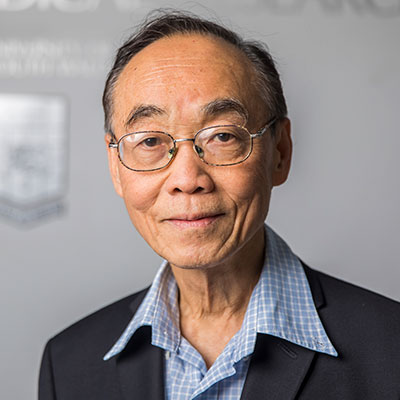 It is my great pleasure to put forth a nomination for Professor Beng Chong from St George Hospital Sydney for THANZ Honorary Life membership given his extensive contributions to the field of thrombosis throughout his illustrious career. It is my great pleasure to put forth a nomination for Professor Beng Chong from St George Hospital Sydney for THANZ Honorary Life membership given his extensive contributions to the field of thrombosis throughout his illustrious career.
Full disclosure, I do consider Beng as my mentor as he did give me my first job as a haematology trainee and that’s how I’ve snuck into haematology training in NSW from Victoria.
Beng’s research in heparin induced thrombocytopenia was world leading, with his landmark discovery of the immune mechanism of HITS in 1981. This then led to his pioneering work on danaparoid as a treatment for HITS, which we still use to this day.
He has also made substantial contributions to other areas of thrombosis and haemostasis including ITP, regulation of platelet production and VTE.
He has published >180 papers and book chapters, and over his career has attracted substantive peer-reviewed national and international grant funding with almost $40M from NHMRC, ARC, NHF, Singapore NMRC.
Thank you all for considering this nomination!
Proposal of Claire McLintock by Nicola Eaddy
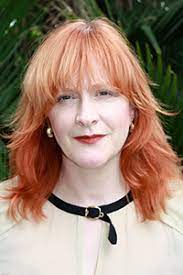 It gives me great pleasure to propose Dr Claire Mclintock for life membership of THANZ. It gives me great pleasure to propose Dr Claire Mclintock for life membership of THANZ.
Claire is an obstetric physician at National Woman’s Health at Auckland City Hospital. She has a special interest in haematological problems in pregnancy, as well as preeclampsia, maternal morbidity and, obstetric haemorrhage and Management of anticoagulation in pregnant women with heart valves.
Her contribution to medicine has already been acknowledged in New Zealand .
Claire became an officer of the NZ order of merit for services to obstetrics and haematology in 2019.
She has contributed both nationally and internationally to haematology and in particular thrombosis and Haemostasis with membership and leadership in many societies
Claire is on the council of ISTH and is its immediate past president 2018-2020, she is past president of the society of obstetric medicine of Australasia and NZ (2008-2010)
And the Australian society of thrombosis and Haemostasis (2009-2011)
She has published widely - with 68 papers at least ( checking pubmed before I left)
She is one of the authors for the American society of haematology guidelines on the management of management of VTE in pregnancy and the guidelines for the diagnosis of von Willebrands disease (collaboration between ASH, ISTH, national haemophilia foundation and world federation of haemophilia.
Claire is a valued colleague to us all in New Zealand and personally I regard her as both a role model and a friend. This honor is well deserved.
Proposal of Michael Pidcock by Phil Choi
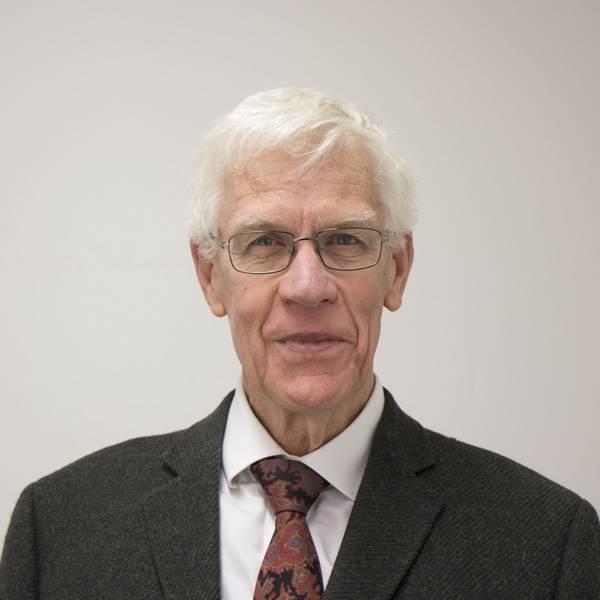 Michael is a senior mentor and haematologist at The Canberra Hospital. He established the Haemophilia treatment centre in the 1980s with Dr Pembrey in the Woden Hospital before it became known as The Canberra Hospital in 1986. He has been an active member of AHCDO and a vocal advocate for haemophilia patients and their families in Canberra and the surrounding regions, regularly travelling to Moruya and Bega for outreach clinics that he has overseen for over 30 years. He has served as an investigator on numerous clinical trials in haemophilia and thrombosis. He is a senior colleague who has overseen the training of dozens of haematologists over the decades, many of whom are now in leadership positions across Australia. His dedication to haematology and in particular the fields of haemostasis and thrombosis over many decades of service merits honourable recognition and I recommend him for life membership. Michael is a senior mentor and haematologist at The Canberra Hospital. He established the Haemophilia treatment centre in the 1980s with Dr Pembrey in the Woden Hospital before it became known as The Canberra Hospital in 1986. He has been an active member of AHCDO and a vocal advocate for haemophilia patients and their families in Canberra and the surrounding regions, regularly travelling to Moruya and Bega for outreach clinics that he has overseen for over 30 years. He has served as an investigator on numerous clinical trials in haemophilia and thrombosis. He is a senior colleague who has overseen the training of dozens of haematologists over the decades, many of whom are now in leadership positions across Australia. His dedication to haematology and in particular the fields of haemostasis and thrombosis over many decades of service merits honourable recognition and I recommend him for life membership.
|
World Thrombosis Day 2022
Were you able to participate in World Thrombosis Day last month?
THANZ sent out WTD merch packages, containing t-shirts, hats and pens, to 30 members to help them organize events which focused attention on the often overlooked and misunderstood condition of thrombosis. We also held our annual WTD Breakfast Day Walk during Blood in Sydney in September.
All the photos can be seen on the web site but some highlights are shown below
|
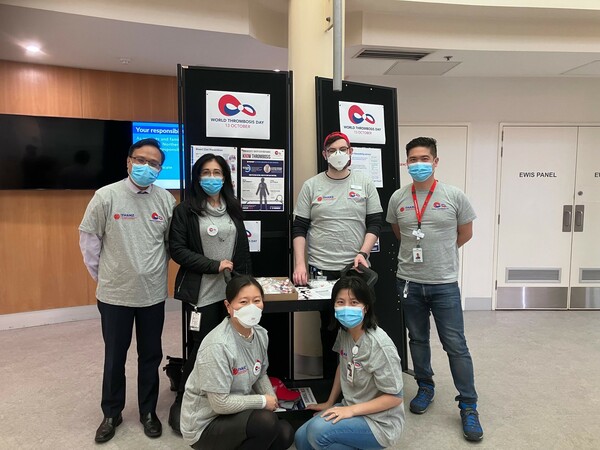
Northern Health
|

Concord Hospital
|

Austin Health
|
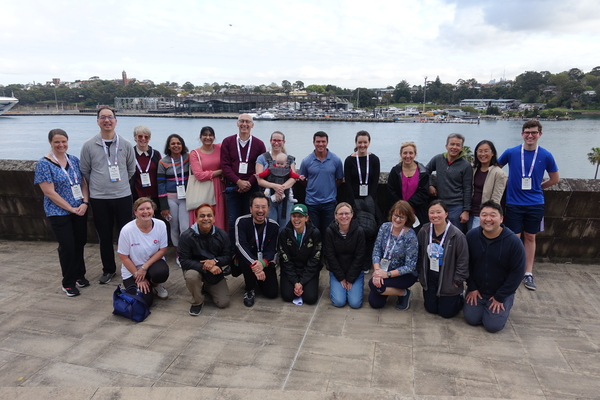
WTD Breakfast Walk
|
| |
|
|
Blood Rewind
The Blood organising committee are pleased to offer a ‘rewind registration’ package for conference attendees or those who were not able to attend live to access the recorded sessions (subject to speaker permissions & excluding the masterclasses) to access the on-demand content for up to 12 months after the Meeting dates. Access to the recordings commenced on 30th September and you can find more details and pricing info here
https://www.blood2022.com/registration/rewind-registration/
|
| |
Blood 2022 Review
We asked the recipients of the 2022 THANZ travel grants to review Blood
Blood Review- Brian Grainger
I was fortunate to be the recipient of a THANZ Travel Grant to allow me to attend the Blood Conference 2022 in Sydney this September. As the premiere scientific meeting for our specialty in this part of the world, the opportunity to see colleagues face-to-face from both sides of the Tasman as well as further afield was a certainly novelty after nearly two and half years of Zoom and Microsoft Teams. The excuse to trade the tail-end of a long Melbourne winter for the relatively sunnier climate of Darling Harbour was a welcome bonus, even if only for a few days.
The event proper was preceded by the THANZ Scientific Workshop, ably chaired this year by Dominic Pepperell from Fiona Stanley Hospital. International speaker Matthew Rondina from Utah shared some valuable insights into platelet dysfunction in thrombo-inflammatory syndromes gained during the COVID-19 pandemic, complemented by a lineup of local presenters covering a range of topics in acquired haemostatic syndrome, platelet function and fibrinogen disorders.
The conference itself opened the following day with the Barry Firkin oration given by ANU’s Robert Andrews highlighting the role of soluble platelet release factors as biomarkers in cardiovascular disease. Peter Verhamme from Belgium gave an overview on progress with the novel Factor IX inhibitors as a new class of anticoagulant, suggesting early promise from a bleeding safety perspective but caveated by uncertainty as to exactly which patient groups will benefit the most. Other speaker highlights included UK ITP expert Nichola Cooper’s talk on treatment advances in that condition, James McFadyen’s overview of coagulation and anticoagulation in COVD-19 and Phil Choi’s update on the management of HHT following the advent of unrestricted access to bevacizumab on the Australian PBS since last year.
Four days of education and networking were capped off in style by the 1920’s-themed Gala Dinner, which saw the haematology community from across Australasia take to the dance floor in a blur of fedoras, feather boas and $100 bills firing from a Supreme Cash Cannon. Overall, it was a great success and we all look forward to Melbourne’s turn to host the next event in 2023.
Blood Review- Christine Lee
As the lead author on a collaborative study on diagnosing and monitoring Australian patients with vaccine-induced immune thrombotic thrombocytopenia (VITT), it was a privilege to be given the opportunity to present our work at the THANZ Presidential Symposium at Blood 2022 in the prestigious Darling Harbour Theatre. I was incredibly honoured to be awarded the THANZ Scientific Medal runners-up award for best presentation and the John Lloyd Travel Grant. As a platelet researcher, I thoroughly enjoyed the Barry Firkin Oration by Professor Robert Andrews. I found Professor P. Joy Ho’s haematological journey insightful and will take her advice on having a diverse research interest. The conference was a great opportunity to catch up with friends and collaborators after the past few years of isolation. I particularly enjoyed Professor Matthew Rondina’s talks at the THANZ Scientific Workshop and the Blood conference on the multifaceted role of platelets in diseases and learning about the techniques pioneered by his research group. This conference also marks my first experience co-chairing a session. Overall, it was great to see basic platelet research which is the foundation for clinical research being highlighted in a clinical conference such as Blood. A huge thank you to the organisers for putting together an enjoyable program and for the travel grant and award. I am deeply grateful.
Pictured below with my past and present supervisors Professor Liz Gardiner and Associate Professor Vivien Chen at the Gala Dinner:
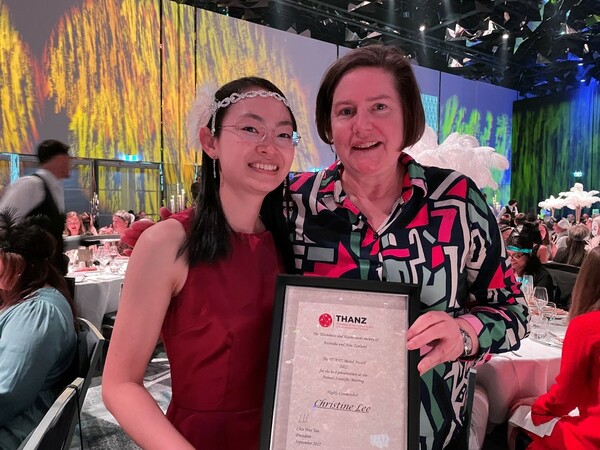 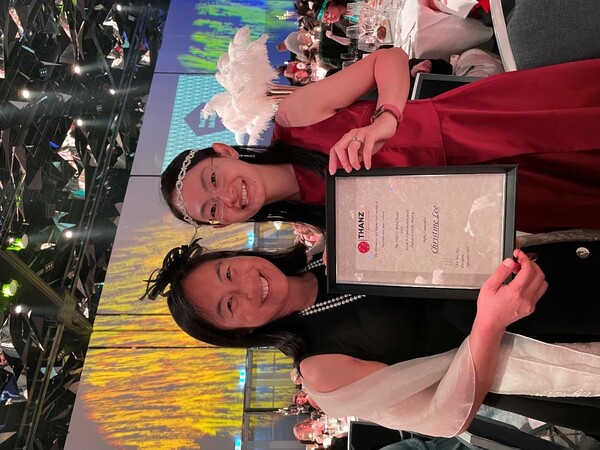
Blood Review- Hannah Stevens
After several years of virtual meetings, I felt very lucky to be attending Blood 2022 in Sydney, and to finally meet some colleagues who I had only ever spoken with over Zoom. There was a fantastic line-up of local and international speakers, and I particularly enjoyed the joint ANZSBT/THANZ obstetric haematology session with updates from Dr Claire McLintock, Dr Lisa Clarke and Professor Jenny Curnow. Lisa gave a great update on obstetric iron deficiency and the importance of early and appropriate management to optimise outcomes for both mother and baby. In addition, the high calibre of Australian research within the field of thrombosis and haemostasis was on display, with great talks from both Dr Gabrielle Pennings and Professor Karlheinz Peter. Gabrielle gave a whirlwind overview of her novel research into platelet IL-1B, and Karlheinz discussed several new anti-thrombotic therapies which promise minimal to no bleeding.
Again, a big thank you to the THANZ Council for awarding me with a travel grant, and for the opportunity to attend Blood this year.
Blood Review- Helena Liang
After two consecutive years of virtual meetings, it was with great delight that I attended the 2022 Blood Meeting in person at Sydney ICC with the support of the THANZ Travel Grant. Speaking with first-hand experience, I am sure that our international invited speakers, along with all the local and interstate conference attendees, have enjoyed a very educational scientific program and valuable networking opportunities throughout the conference.
One of the conference highlights for me, was listening to a presentation given by the THANZ international invited speaker, Professor Matthew Rondina, on some recent work from his lab that showed COVID-19 patients have normal gross platelet morphology, but significantly altered platelet gene expression and platelet functional responses that may contribute to the COVD-19 pathophysiology and correlate with COVID-19 disease severity. Prof. Rondina also made some interesting comparisons between the platelet pathways in COVID-19 patients and sepsis patients, which suggested some convergent mechanisms in the two very different infectious settings but also some distinct differences. In another THANZ session, Prof. Rondina presented more of his recent findings on the pivotal role of platelets in sepsis, demonstrating a novel mechanism by which platelets, through MHC-I, is able to engage antigen-specific CD8+ T cells, thereby suppressing CD8+ T-cell numbers, proliferation and function during sepsis.
Having previously studied the mechanism of sepsis during my postdoctoral stint, and currently having a primary research focus on platelet and thrombosis, it is really important for me to be able to participate in these scientific sessions that are most relevant for my future work. Therefore once again, my heartfelt gratitude to THANZ for awarding me the THANZ Travel Grant to attend the 2022 Blood Meeting, and congratulations to all the organisers and attendees for a very successful and memorable conference.
|
Councillor Profile
|
How did you go identifying the latest 2 mystery Council members??
Multi-lingual mystery Council member #3 was Anoop Enjeti, while Mystery Council member #4, who proved his break dancing skills at the Gala Dinner at Blood, was Danny Hsu.
Did you guess correctly???
With 4 Councillors already profiled, it shouldn't be too hard to guess the identify of the two profiles in this edition.
Mystery Council member #5
1) What is your secret talent?
I’m an ex-gymnast and proud that I can still do a handstand!
2) What is your clinical and research interests?
Haemophilia gene therapy, bleeding disorders in women, paediatric thrombosis and haemostasis
3) When you can travel again, where would you go and why?
Definitely rural France. Love wandering through little villages/ drinking wine/ eating cheese.
4) What was your most memorable conference experience?
I loved ISTH Berlin 2016. Sitting in the sun on a deck chair beside the Spree River was a nice way to relax between talks!
5) What piece of advice would you give to someone coming up the ranks in T&H?
Find your niche/ point of difference and make yourself indispensable!
6) What is your favourite book?
“Shantaram” by Gregory David Roberts.
7)What music do you listen to?
Nothing beats a bit of girl power…Beyonce, Christina Aguilera etc!!
Mystery Council member #6
1)What is your secret talent?
Extremely fast at eating Pho. I give everyone a head start, but I always win. Many years ago while travelling, despite two weeks of dysentery in Vietnam, I still gained weight.
2) What is your clinical and research interests?
I enjoy treating all haematological diseases – from lymphomas, benign anaemias and leukaemias. But my research interests are in platelet immunology, and the role of platelets in the immune system – two related but slightly different things!
3) When you can travel again, where would you go and why?
Japan to go skiing with my family.
4) What was your most memorable conference experience?
Japanese Taiko drummers at the Kyoto ISTH many years ago. My whole body was reverberating with the sound and power of the performers.
5)What piece of advice would you give to someone coming up the ranks in T&H?
Enjoy what you do, but if your work permits, try to keep a hand in non-T&H haematology as well. The breadth of our entire training and practice lends valuable perspective when we focus on T&H at other times.
6) What is your ask favourite book?
“The Catcher in the Rye” still haunts me – I think I’m reminded every time I go away to a conference and have a lonely drink at a bar while strangers around me all seem to be best friends with each other.
7) What music do you listen to?
Punk rock (Green Day), Indie/emo (Tribe Friday, Boy Pablo), Country (John Denver, Dolly Parton), but Macklemore kept me company late over many cold nights while writing my thesis. And on the morning of a big clinic, I’ll sing along to “Welcome to the Black Parade” in the car on the way to hospital (kind of like my pre-game karaoke-style haka).
|
THANZ Workshop
Caroline Dix, recipient of the 2022 AHCDO THANZ Award, and Sidra Ali, recipient of the 2022 Werfen THANZ Award, have provided reviews of the THANZ Workshop.
THANZ Workshop Report
What a wonderful day we had, seeing everyone in person again and allowing for collaboration and exchange of ideas. Sydney really turned on the weather for us with beautiful views of Darling Harbour from the conference centre. The Workshop was very interesting with a wide array of topics presented. Dianne Lovelock presented work on the use of anti-prothrombin and anti-phosphatidylserine antibody testing in antiphospholipid syndrome and how it may provide additional information in the diagnosis of APLS and there were further discussions of how the results could further be correlated with clinical outcomes to aid in risk assessment. Joseph Noye presented very thought-provoking data on VWF testing in myeloproliferative neoplasms, the results of which questioned the utility of routine testing in this population as results rarely correlated with bleeding risk or response to VWF replacement. The VITT session was presented by Emma Leitinger, Joanne Clifford and Emmanuel Favaloro. There was discussion regarding the practical aspects of implementing VITT testing so rapidly, as well as differences in sensitivity and specificity of different ELISA and functional tests. In particular, the importance of close collaboration between clinicians and laboratory staff was reinforced. We were fortunate that Prof Matt Rondina made it to Australia, and he gave a fascinating talk on the use of platelet transcriptomics and how it changes in healthy and disease states. We then heard about new, “cool” ways to store platelets by Lacey Johnson, with the aim of overcoming our current limitations in the need to store platelets at room temperature. Lacey spoke about the use of refrigeration and cryopreservation of platelets and how it changes platelet function. Will Stevenson presented a review of how the Sydney Platelet Group has been using platelet genomics to diagnose inherited disorders of platelets, and the importance of doing so in preventing mis-diagnosis, identifying risk of non-haematological and haematological disorders and stratifying bleeding risk. The ‘Fibrinogen and Critical Bleeding’ session was last but definitely not least – Radha Ramanan spoke about congenital fibrinogen disorders, their genetic basis and inheritance and discussed how her PhD aims to further evaluate patients with CFD in Australia and is keen for further collaboration in this space. Lisa Kaminskis presented a review of the transition from ROTEM sigma to ROTEM delta in their laboratory and its potential effect of changes in the results (particularly FIBTEM A5) on management decisions. Anastazia Keegan rounded out the session with an interactive “heart-sink” trauma case, highlighting the importance of early and aggressive factor and cryoprecipitate replacement. I would like to sincerely thank Dominic Pepperell for putting together a wonderful workshop, Megan Sarson for the organisation and all sponsors for allowing the day to go ahead.
Caroline Dix
THANZ Workshop Report
The Werfen THANZ Conference Award funded my trip to Sydney, Australia, to attend the Blood 2022 Annual Scientific Meeting (September 11-14). I started my PhD at the beginning of the COVID-19 pandemic, and it wasn't until this year that I was able to attend Blood in person.
On September 10, the day before the Blood Meeting, THANZ hosted a coagulation workshop chaired by Dr. Dominic Pepperell. The event was well attended by researchers, clinicians, and laboratory scientists.
The registration process for the programme was quick and painless, and all the information required to enrol was sent out in advance through email. The breaks between presentations were strategically timed, and the speakers were spread out throughout the meeting so everyone could stay engaged. The chair kept each session on schedule, and some of the longer presentations were buffered by the breaks.
The workshop agenda was the event's high point. It featured research presentations and clinical talks covering the entire gamut of bleeding and clotting disorders. Speakers were cognisant of the diverse group of individuals in attendance and tailored their presentations accordingly.
Matthew Rondina's talk piqued my interest, and some exciting data on platelet transcriptome optimisation was shared by him. His delivery is impeccable, and he is a very persuasive speaker. The last presentation by Anastazia Keegan was the most interactive one. She had the audience interpret test results for a trauma patient who was massively bleeding and make suggestions about what type of blood products should be given.
During the breaks, I met some incredibly insightful pathologists and researchers with whom I had fantastic conversations about our unique viewpoints and approaches. Since returning home, I've been looking forward to continuing my research endeavour and exploring new avenues.
Once again, I want to thank THANZ for sponsoring my attendance at the conference and workshop. I cannot wait until next year to do it all over again!
Sidra Ali
|
2022 Science & Education Funding Round
International Blood Conference Grant
The inargural International Blood Conference Grant was awarded to Akbar Dorgalaleh from the Iranian Comprehensive Hemophilia Care Center. Unfortunately, Akbar was unable to get a visa in time to travel to Sydney for Blood, so his award has been extended to allow him to apply to visit Blood in Melbourne in 2023.
International Collaboration Grant
The inaugral International Collaboration Grant has been awarded to Robyn Devenish who will be collaborating with colleagues at the Sonja Kill Memorial Hospital (SKMH) in Kampot, Cambodia to establish SKMH as a referral centre for the diagnosis and treatment of bleeding disorders in Kampot Province and surrounding areas, thus improving the diagnosis, treatment and care of Cambodians with bleeding disorders.
|
| |
Welcome New Members
Please welcome new members Emily, Allyson, Wei Yang, Katie, Natalie, Amanda, Anastazia, Shane and Heather.
|
| |
Barry Firkin Oration
The 2022 Barry Firkin Oration was given by Dr Robert Andrews. Rob graduated with a PhD in Biochemistry (University of Queensland, 1986) and has had a research career spanning organic synthesis and protein chemistry (metalloenzymes and inhibitors), biochemical analysis of human platelet receptors, ligands and snake venom proteins, leading to further research on the regulation of platelet receptor expression and metalloproteinase-mediated shedding, the analysis of platelet-specific biomarkers and potential mechanisms of human disease related to bleeding and thrombotic risk, and has participated in national and international collaborations involving structural biology, small molecule inhibitors, experimental models of human disease, clinical analysis of platelet function in stroke, coronary disease, thrombocytopenia, circulatory support devices, and microfluidics and computational analysis of shear effects on thrombus growth and stability.
Rob's oration was titled 'Platelet receptors: expression, function and shedding' and his abstract can be read here.

Rob was presented with the BF Award by Chee Wee Tan
|
| |
Award Winners
This years awards were presenting during the 1920's themed Gala Dinner, during Blood 2022.
|
Congratulations to all the prize winners.
Werfen THANZ Travel Grant- awarded to Sidra Ali
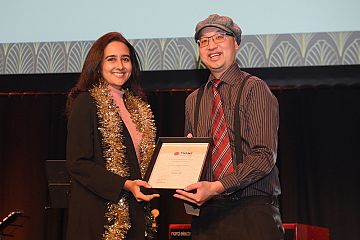
AHCDO THANZ Travel Grant- awarded to Caroline Dix
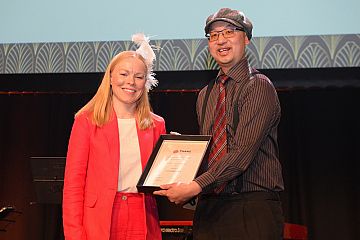
The THANZ Medal was won by Natasha Lee, who was unable to attend the prepsentation ceremony but sent us a photo of herself with the Medal
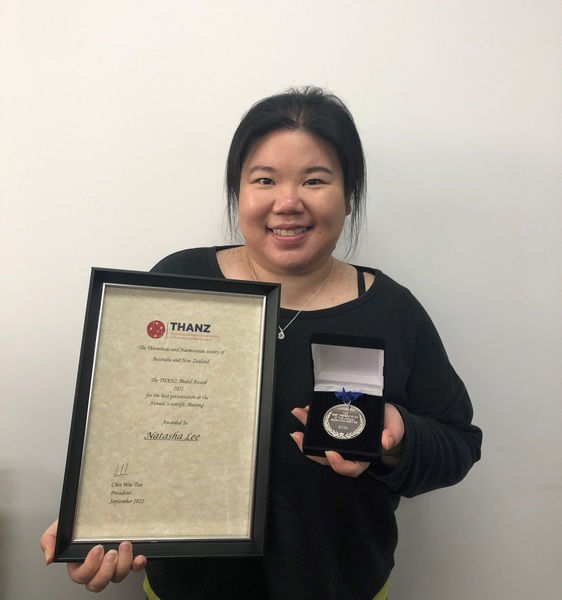
Christine Lee (l) and Yvonne Kong (r) were the THANZ Medal runners up
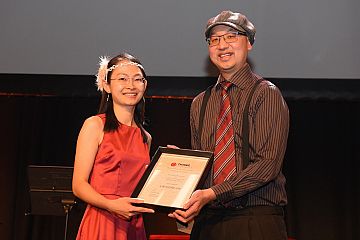 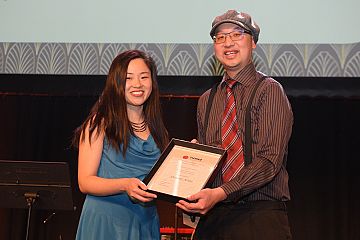
The Best Lab Poster award was presented to Sunil Abraham

The Best Clinical Poster prize was won by Brandon Liu- who was unfortunately unable to join us for the presentation.
|
Applications for the Prof Heimburger Award 2023 close soon
Applications for the 2023 cycle of the Prof Heimburger Award opened on 1 August 2022 and will close soon, on 14 November 2022.
About the Prof Heimburger Award
The Prof Heimburger Award, created in honour of Professor Dr. Norbert Heimburger, supports early career researchers within the field of coagulation, thrombosis and acquired bleeding disorders. Each of the 5 winners of the award receives a global research grant, which has recently been increased to €25,000. The award is open to researchers who hold a medical degree or a PhD, and applicants with less than 5 years of faculty experience in the field will be preferred.
The award is now in its 16th year, with 75 winners so far. Some of the previous winners of the award include: Michiel Coppens (The Netherlands), Mindy Simpson (USA) and Carolyn Millar (UK). Six Australians have received the award, including one in the 2022 cycle.
How to apply
Candidates should submit an application via the Prof Heimburger Award website. Applications can also be submitted via email to Heimburger.Award@cslbehring.com. Application forms should be submitted in English, along with a short CV and a one-page research proposal.
A full recording of the 2022 award ceremony is now available to watch on-demand at https://www.heimburgerawards.com/. (Please note that you will be required to register at the link to be able to watch the recording. Once registered, you will receive a confirmation email containing a link to log into the platform. Please note that this email may be diverted to your junk folder).
|
| |
ISTH WTD Survey
As part of WTD events, a questionnaire has been designed by ISTH on the topic of cancer associated venous thromboembolism and anticoagulation. Patients with cancer have a high risk of blood clot formation in their veins or arteries due to the cancer itself and anti-cancer treatments. Patient awareness of these complications is key for prompt recognition of symptoms and signs, risk factors, timely referral to hospital for diagnosis and treatment, as well as for informed discussion with doctors about use of blood thinners for prevention.
This questionnaire is intended for patients with cancer and aims at assessing their knowledge and satisfaction about the information received by health-care providers on the potential risks of cancer-associated blood clots and use of blood thinners.
Please distribute this survey to your patients with haematological malignancies, as well as to your haematology colleagues and medical oncology colleagues who treat non-haematological malignancies. The survey can be assessed via the link and QR code on this email.
https://redcap.isth.org/surveys/?s=APAPWWEWRA
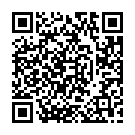
Alternately, the link and QR code are also present in this PowerPoint slide which can also be distributed to patients and colleagues.
You may also wish to share the links to the questionnaire via social media, i.e. Twitter, to help reach as many people as possible.
|
| |
Thanks to our Corporate Sponsor - Novo Nordisk
|
Our continued thanks go to Novo Nordisk for their on-going support of THANZ
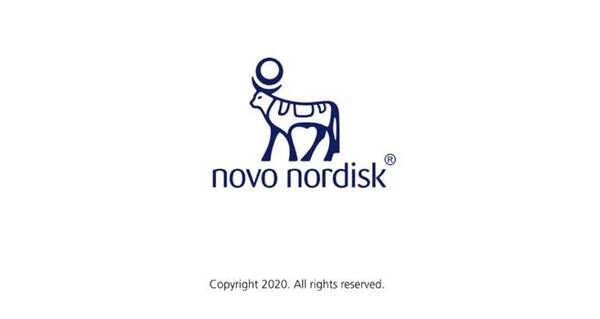
|
|